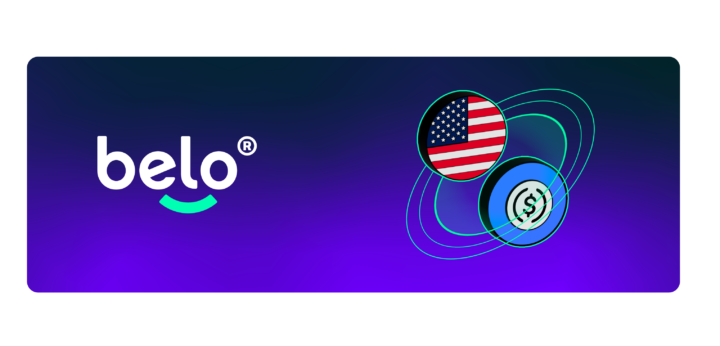Written by Brian Anderson, CEO of CrowdSavvy.
“What if fill-in-the-blank-large-company decides to copy you?” If you are an early stage company, you have already heard this ad-nauseum. If you have been at it for a while, this question makes you want to vomit. I call this the 800-pound Gorilla question. It is often frustrating because you, as the entrepreneur, know this is an unlikely possibility and it is likely that other competitors, not this company, keeps you up at night.
While this is often dismissed as a dumb question by the entrepreneurial community (and it is to some degree), responding in a thought-provoking manner can really advance the conversation. The reason boils down to information asymmetry. You have been studying this for months or years but your potential customer (or investor) has not. Teach them something and you have developed an ally. They feel smarter by listening to you and they are more likely to want to keep talking with you.
The incorrect way to answer this is to argue that they wouldn’t or couldn’t enter the market (note: there are some rare exceptions to this). With the amount of cash on hand, they could enter any market they want. If they woke up tomorrow and decided the automotive industry was of strategic interest, they could enter it.
The key to imparting your wisdom is to shift the conversation. The question needs to be re-framed. It is not about the gorilla, it is about your knowledge of your market. Can you articulate the impact of any “shock” to the eco-system?
Here are some strategies for answering this question successfully:
1. Potential market = addressable market
37Signals has killed it with this strategy. The potential market for project management software is huge. What they did was break it down into two non-overlapping addressable markets. Microsoft project could not address both the needs of a power user and the needs of a light-weight user.
Point out that not only could the gorilla enter the market, but that they should. This immediately throws your listener off, providing a great opportunity to educate them. Tell them that the gorilla should come in and dominate. However, even while they are dominating, they leave a large unaddressed market that you can serve.
2. The first Gorilla is good
Remember the goal is to articulate market dynamics. You have done a ton of competitive research on your product. Walk through these dynamics. Facebook copies you? Google needs to respond. Google brings a similar service to market? Apple needs to respond.
Big companies respond to big companies. They have to, mainly because if they don’t, they face the wrath of the press asking them how they are going to respond. Utilize this to your advantage. You offer an instant solution to their problem on how to respond.
The enterprise software market is recurring where these many of these types of transactions take place. In 2007 and 2008, business intelligence software became the place gorillas wanted to play, and IBM, Oracle, SAP, and Microsoft all needed to respond in the enterprise software arms race.
3. The Switzerland defense
This is different than the previous strategies. The previous one focused on gorillas looking to move into a new market. This strategy is more aligned with oligarchic markets, where a few gorillas are fighting for the same bananas (customers).
This strategy highlights why entrenched interests will make a neutral solution (your company) a more effective solution for the market as a whole. A great example of this is Netflix. Each movie studio could have created their own DVD mailing business (and now streaming) but other movie studios would never use a competitor’s offering.
These are the three best methods I have seen to address this question effectively. If you feel I have missed any other great methods, please leave them in the comments below. Remember, every question is an opportunity to further your relationship with the person you are talking with. Don’t answer the surface question. Answer the right question and demonstrate your knowledge about your market.
******************************
 Brian is the founder and CEO of CrowdSavvy, a software company devoted to connecting mobile applications with their users. Previous to CrowdSavvy, he led technology initiatives for both Fortune 500 companies and start-ups at Third Screen Labs. Prior to that, Brian served as a consultant at Sapient Corporation. He has a BSE in Computer Science from the University of Michigan.
Brian is the founder and CEO of CrowdSavvy, a software company devoted to connecting mobile applications with their users. Previous to CrowdSavvy, he led technology initiatives for both Fortune 500 companies and start-ups at Third Screen Labs. Prior to that, Brian served as a consultant at Sapient Corporation. He has a BSE in Computer Science from the University of Michigan.










